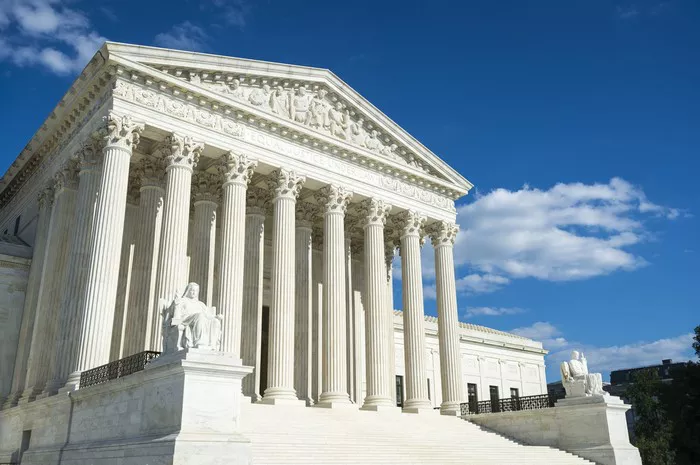The H-1B visa program may encounter more legal challenges from employers disputing denials following a recent U.S. Supreme Court ruling that restricts federal power and puts pressure on Congress to reform the program.
In 2017, then-President Donald Trump’s crackdown on the H-1B visa program led to a sharp increase in denials, with 1 in 5 visas being rejected. This rise was largely due to federal agencies’ broad powers to interpret regulations, a result of the 1984 Chevron v. Natural Resources Defense Council decision.
However, a recent 6-3 Supreme Court ruling has overturned Chevron, significantly altering federal agencies’ authority to interpret and set regulations. This decision has major implications for immigration policy, particularly the H-1B visa program. With this ruling, courts are no longer required to defer to federal agencies’ interpretations of the law, including those by U.S. Citizenship and Immigration Services, which administers the H-1B program. The Chevron case had previously allowed judicial deference to federal agencies in interpreting unclear laws.
Carl Shusterman, a Los Angeles-based immigration attorney, described the decision to overturn Chevron as “a big positive” for immigration because federal agencies often write restrictive regulations that don’t comply with the law. He added, “It’ll just make it a lot easier to challenge these immigration denials,” while also expressing concern about the ruling’s potential impact on other areas, such as environmental rules.
While the Chevron decision could make it more difficult for future administrations to unilaterally tighten H-1B visa regulations, it also introduces new complexities into the immigration system. As courts take on a more significant role in interpreting immigration laws, the operation of the H-1B visa program may face more challenges, especially regarding individual denials.
Challenges to H-1B Visa Regulations
The U.S. government issues 85,000 new H-1B visas annually through a lottery program. While the Chevron decision doesn’t restrict agencies’ ability to issue regulations, it changes how these regulations can be challenged.
Sharvari Dalal-Dheini, director of government relations at the American Immigration Lawyers Association, said that legal challenges will now leave the interpretation of the law up to the courts.
“It’s really hard to say whether this is a positive or negative,” Dalal-Dheini said of the Chevron decision. It’s positive for employers challenging individual denials but negative if the White House wants to improve the program. “Their ability to improve their program will be under much higher scrutiny,” she added.
The Chevron decision will increase pressure on the White House to seek new laws in Congress. Agencies will no longer be able to interpret the law as time passes and immigration reforms are needed, Dalal-Dheini noted.
Those who will benefit the most from the Chevron decision are individuals bringing specific claims over denials, she said.
One area likely to see legal challenges is specialty occupation denials, which require employers to prove the direct relevance of a college degree to a job. The problem is that hundreds of courts might be making decisions on these rules, meaning interpretation can vary, Dalal-Dheini explained.


